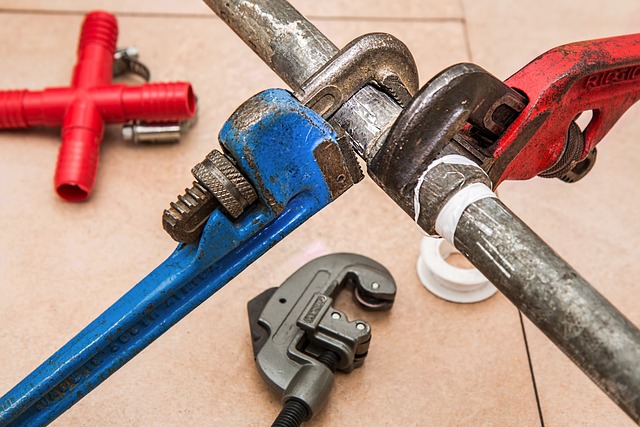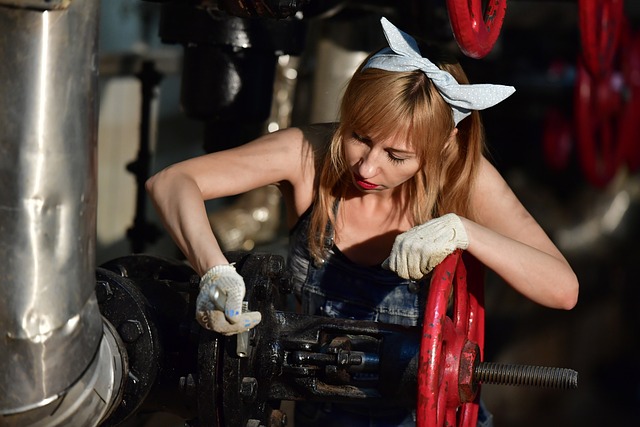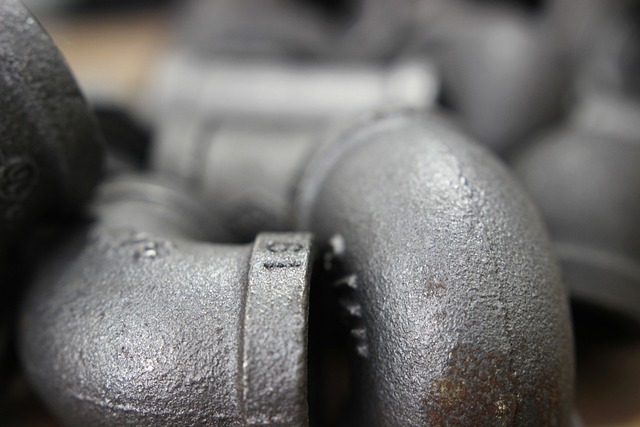Professional plumbers are important such as from TNStandard.com in Maryville, TN who install, repair, and maintain plumbing systems in residential, commercial, and industrial settings, ensuring water supply, wastewater management, and gas line functionality. Their expertise involves working with various piping materials like copper and PVC, and handling a wide range of fixtures such as faucets, toilets, and showers. Plumbers must adhere to strict building codes and regulations, demonstrating a comprehensive understanding of water supply and waste disposal systems. They are also at the forefront of integrating advanced technologies for efficient leak detection and water conservation, underscoring their role as guardians of resource management and environmental stewardship. By proactively assessing and maintaining plumbing systems, they ensure longevity, safety, and optimal performance, highlighting the complexity and importance of their profession in modern society.
When it comes to the intricate network of water supply and waste removal within our homes and commercial spaces, the role of a plumber extends far beyond the conventional image of fixing leaks. Plumbers are the unsung heroes who install, repair, and maintain piping systems and fixtures with precision, ensuring the flow of life’s necessities—water and sanitation. This article delves into the multifaceted expertise required by plumbers in modern times, covering everything from the critical importance of professional installations to the innovative technologies that are shaping the industry’s future. From understanding the principles of effective water conservation to selecting the right materials for sustainable plumbing systems, this comprehensive guide offers insights into best practices and emerging trends. Whether you’re a homeowner facing a leaky faucet or a business owner planning a new construction, mastering the art of plumbing will not only enhance your understanding of these systems but also empower you to make informed decisions for long-term functionality and environmental responsibility.
- Understanding the Role of a Plumber in Piping Systems and Fixtures
- The Importance of Professional Installation for Piping Systems
Understanding the Role of a Plumber in Piping Systems and Fixtures

Plumbers play a pivotal role in the infrastructure of residential, commercial, and industrial buildings through their expertise in installing, repairing, and maintaining piping systems and fixtures. Their work is fundamental to delivering safe drinking water, managing wastewater flow, and ensuring that gas lines function efficiently. A plumber’s responsibilities extend beyond mere fixing of leaks or clogs; they are skilled technicians who understand the complex interplay between various piping materials, from copper to PVC, and the fixtures that interface with these systems, such as faucets, toilets, and showers. They must adhere to building codes and regulations, which require a deep knowledge of water supply and waste disposal systems. Additionally, plumbers are often at the forefront of implementing new technologies in water conservation and leak detection, demonstrating their role as protectors of resource management and environmental stewardship within the community. Their daily tasks involve assessing system performance, identifying potential issues before they escalate, and implementing effective solutions to prevent future problems. This proactive approach not only saves resources but also ensures the longevity and safety of piping systems and fixtures. The role of a plumber is thus multifaceted and critical, encompassing a wide range of technical skills and an understanding of the environmental impact of their work.
The Importance of Professional Installation for Piping Systems

When it comes to the installation, repair, and maintenance of piping systems and fixtures, the expertise of a professional plumber is paramount. Proper installation by a qualified plumber ensures that water supply lines, sewage egress systems, and gas pipes are laid out with precision, adhering to local building codes and industry standards. This attention to detail is crucial for the longevity and efficiency of the piping system. A professionally installed piping network reduces the risk of leaks, corrosion, and other issues that can arise from substandard workmanship. Moreover, a plumber’s knowledge in selecting appropriate materials and equipment ensures that the system is not only functional but also resilient against environmental factors and wear over time.
Engaging a plumber for piping installations also brings with it the assurance of a job completed with adherence to safety protocols. This is particularly important when dealing with systems that handle hazardous materials like natural gas or potentially contaminated water sources. The professional plumber’s skills extend beyond physical installation; they include the ability to diagnose potential problems before they escalate, saving property owners from costly repairs and inconveniences in the future. Their expertise is not only valuable for new installations but also for upgrading existing systems to meet new demands or improve efficiency, ensuring that every faucet, shower, and toilet functions optimally within the network.
Effective maintenance and expert installation by professional plumbers are indispensable for the smooth functioning of piping systems and fixtures in any setting. A plumber’s role extends beyond mere repairs, encompassing a comprehensive understanding of water flow dynamics and material compatibility to ensure longevity and efficiency. Investing in skilled plumbing services not only safeguards public health by preventing contamination but also contributes to resource conservation and cost savings over time. For residential, commercial, or industrial applications, the specialized knowledge and hands-on proficiency of a plumber are critical assets for optimal system performance.
